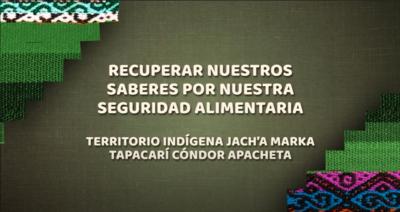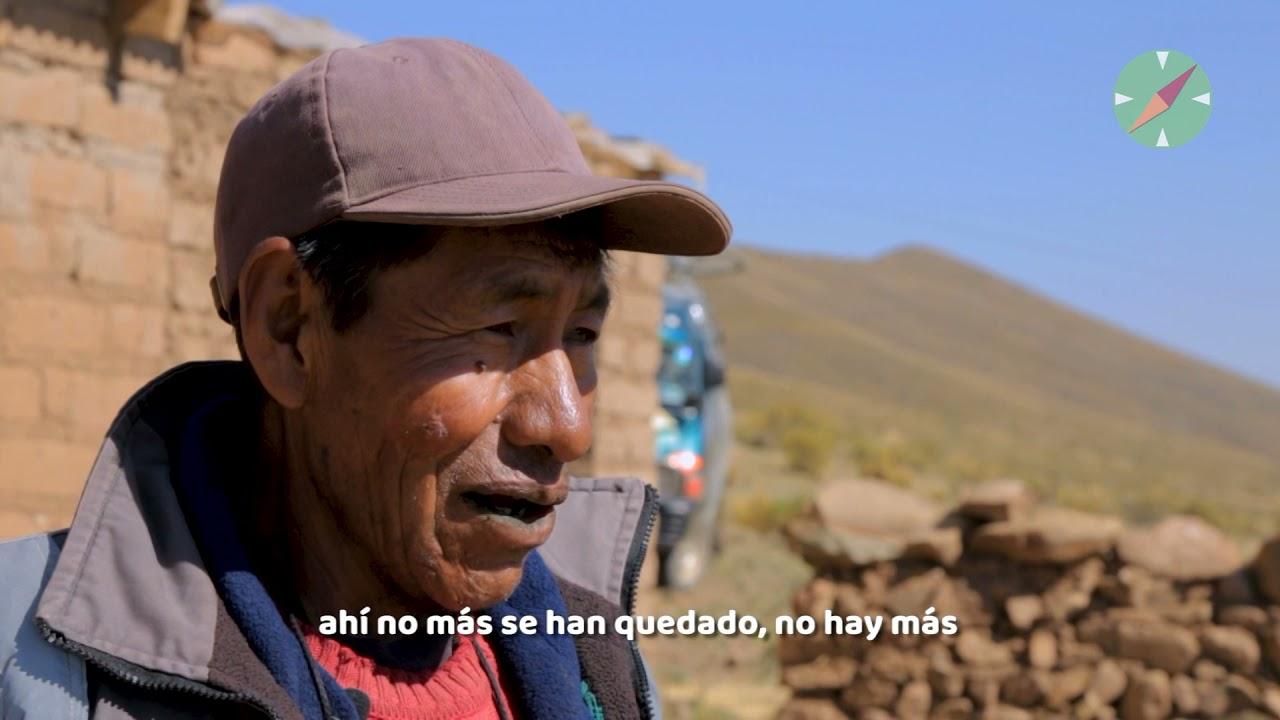Recover our knowledge for our food safety

In the Jach'a Marka Tapacarí Cóndor Apacheta Indigenous Territory, in Oruro - Bolivia, the inhabitants built 55 fodder sheds using ancestral practices such as mink'a and ayni, to protect the food of dairy cattle during the times of drought or rain, and in this way guarantee the local production of cheese and economic income for the families of the territory.
The work required not only the commitment of the residents who worked in the construction of the sheds, but also the support of the sub-national government who got involved from the advocacy made by the indigenous authorities demanding compliance with their rights.
The work was developed within the framework of the Indigenous Navigator project, executed in Bolivia by the Center for Legal Studies and Social Research (CEJIS), with the support of IWGIA and the European Union, in order to achieve the Sustainable Development Goals (ODS) N ° 1 and 2: Eradicate poverty in the world; and End hunger, achieve food security and better nutrition, and promote sustainable agriculture.
Project developed together with:
Authorities originating from Jach’a Marka Tapacarí Cóndor Apacheta
Municipal Government of Pazña
Special thanks to:
The population of the 56 communities of the Jach’a Marka Tapacarí Cóndor Apacheta (Oruro - Bolivia)
General production:
CEJIS Regional Office - Santa Cruz
Functional Unit of Educational Communication - CEJIS
Available in Spanish

El Centro de Estudios Jurídicos e Investigación Social (CEJIS)

